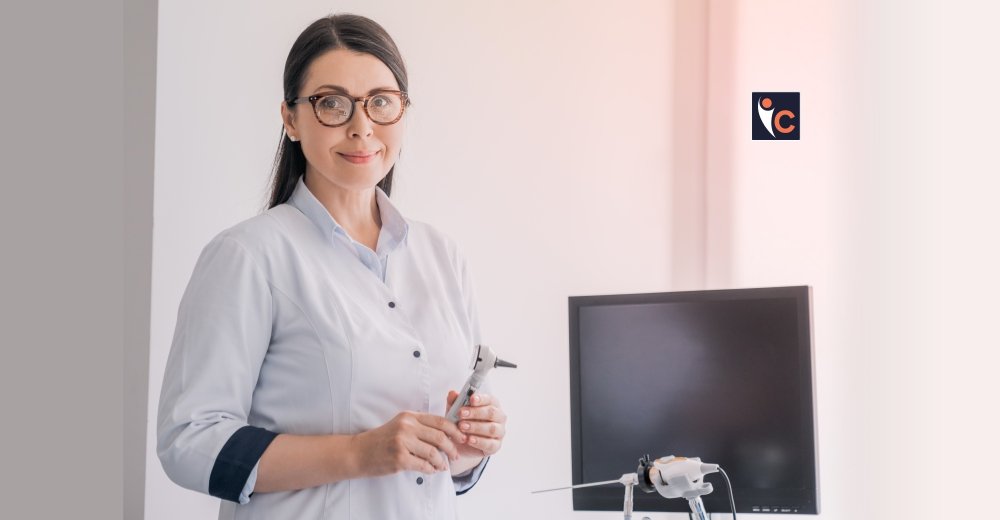The use of artificial intelligence (AI) in medicine is transforming patient care throughout the entire lifecycle—but nowhere are the stakes higher than in neonatal medicine. Newborn babies, especially premature babies and those with complicated medical conditions, must be cared for with an extraordinary degree of gentleness and precision. AI holds the potential to transform neonatal medicine by making possible early diagnosis, monitoring, and individualized treatment regimens. But where there is great promise, there is a multitude of ethics to navigate.
The Promise of AI in Neonatal Care
AI systems are already demonstrating their value in neonatal intensive care units (NICUs). Machine learning algorithms can comb haystacks of data from vital sign monitors to detect patterns of distress hours before they would be obvious to human clinicians. AI can even diagnose congenital disease, predict outcomes from genetic and clinical data, and even optimize the utilization of life-support devices.
For instance, computer programs can read electroencephalograms (EEGs) to diagnose seizures in newborns—exactly the sort of subtle pattern that would be simple for human observers to overlook. Once more, AI can help with decisions about respiratory therapy, choosing the optimal method of ventilation and reducing the risk of long-term lung injury.
Even these advantages, nevertheless, have raised pressing ethical issues about the application of AI in neonatal care.
Informed Consent and Parental Autonomy
Infants are not able to give consent to treatment, and parents are put in the surrogate decision-maker role at a time of crisis. Where AI systems are used to propose or recommend treatment, parents need to be in a situation to comprehend what these systems are, their role, and their limitations.
But AI is also a “black box,” and even physicians may not know why an algorithm has made a specific recommendation. That kind of transparency hinders informed consent. Parents can be confused, skeptical, or overly reliant on AI recommendations without necessarily knowing the underlying reason.
Healthcare providers have an ethical responsibility to ensure parents’ autonomy is preserved. This not only means informing parents that AI is being utilized but also presenting information in a way that is understandable and permits informed choices.
Bias and Equitability in AI Algorithms
AI systems are only as good as what they have learned from. If training data is biased—under-represents racial or socioeconomic groups, for example—then the algorithm may produce imbalanced or even dangerous recommendations. In neonatal care, this can lead to unfairness in the way care is being provided or in the outcome being predicted for various groups.
For example, a model learned from data mostly from a single population will not generalize well to infants from another group, and this will lead to false negatives or misdiagnosis, or the provision of inappropriate treatment. This has extremely serious ethical considerations of fairness, justice, and the possibility of increasing healthcare disparities.
Repairing such an issue requires deliberate effort in constructing fair datasets and frequent testing of AI programs for bias and unexpected impacts. Developers, in collaboration with clinicians, can render equity a default assumption in building and implementing AI.
Responsibility and Accountability
When AI is used to advise or decide medically, questions of responsibility are raised. When an AI program suggests a procedure that results in harm, who is at fault—the doctor, the computer programmer, the hospital?
In neonatal care, where life-or-death decisions are made and outcomes can be life-changing, responsibility is particularly problematic. Ethically, there would have to be extremely clear guidelines as to who has ultimate responsibility for clinical judgment. AI must augment, not replace, human judgment, and physicians must be accountable for treatment delivered.
The hospitals and governing bodies also have to play their role by ensuring that the AI technology is accompanied by strict standards of safety and ethics before being implemented in hospitals.
The Human Element in Care
And then finally, there’s perhaps the most subtle but fundamental ethical issue, which is the possibility of dehumanizing care. Neonatal care is not only clinical outcome by itself; it’s also about providing comfort, compassion, and humanity during one of the most vulnerable moments in the course of a family’s life.
While AI can take away from the accuracy of care, it can never take the place of empathy and intuition in an experienced caregiver. As great as this technology is, we need to be careful that we implement AI to enhance and not replace the human touch of neonatal practice. Ethical practice demands that we utilize AI as a tool to support and not replace caregivers and to enhance them to work even better and streamline their care.
Conclusion
AI in neonatal care promises exciting prospects of better outcomes and lives saved. However, with great power comes tremendous responsibility. Ethical issues—from informed consent and bias to responsibility and respect for human dignity—must take top priority in the midst of this tide of technology.
Ultimately, the goal must be to use AI in a way that enhances the science and humanity of neonatal care such that the patients receive not only the best care but also the compassion and humanity they deserve.





